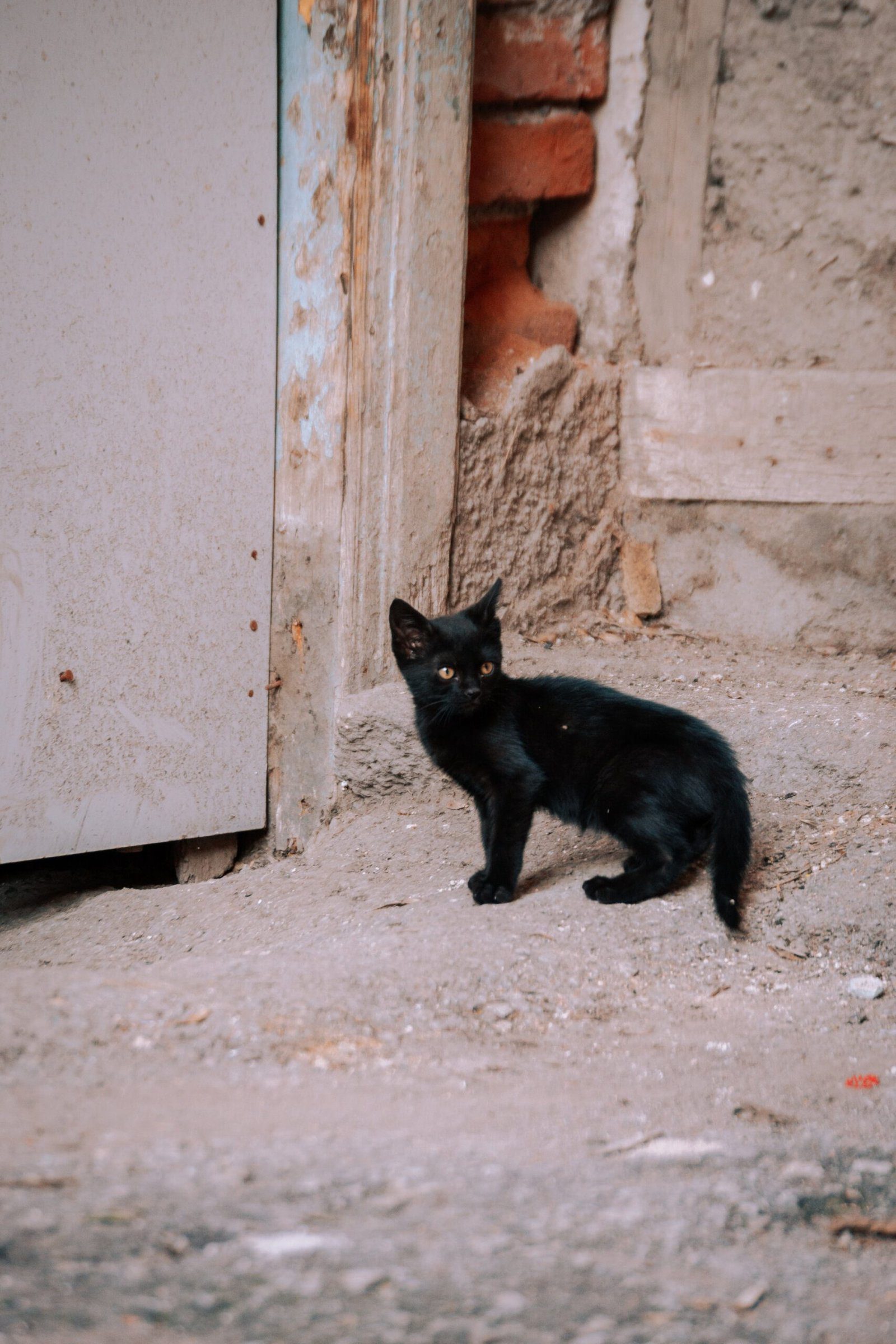Table of Contents
Thinking about getting a unique and playful addition to your household? Look no further than the capybara! Known for their friendly nature and adorable appearance, capybaras have gained popularity as potential pets. But before you jump headfirst into adopting one, it’s important to understand the responsibilities and challenges that come with owning these charming creatures. From their social needs to the legal regulations surrounding their ownership, this article explores whether capybaras can truly be kept as pets, providing you with all the information you need to make an informed decision.

What is a Capybara?
A Capybara is the largest rodent in the world and is native to South America. Known for its friendly and social nature, these adorable creatures have been gaining popularity as pets in recent years. Capybaras have unique physical characteristics, reside in specific habitats, exhibit interesting behavior, and have a relatively long lifespan.
Physical Characteristics
Capybaras have a stocky and robust build, similar to a barrel, with a flat head and blunt snout. They are covered in coarse, short fur that can range in color from brown to reddish-brown. With their big, round eyes and expressive face, they have an incredibly endearing appearance. Capybaras have short legs and webbed feet, enabling them to navigate through water with ease.
On average, adult Capybaras can measure around 1 to 1.3 meters in length and stand approximately 50 to 60 centimeters tall. Their weight can vary between 35 and 65 kilograms, making them a substantial presence in any household or enclosure.
Natural Habitat
Capybaras are semi-aquatic mammals found in diverse habitats such as forests, grasslands, marshes, and even near bodies of water like rivers, lakes, and ponds. They are most commonly found in regions of South America, including countries like Brazil, Venezuela, and Colombia. Capybaras prefer a warm and humid climate, as they thrive in temperatures above 20°C (68°F).
Behavior
Capybaras are highly social animals, typically living in groups known as “herds” or “water troupes.” They are known for their peaceful nature, rarely displaying aggression towards humans or other animals. In these herds, they establish a hierarchy with dominant and submissive individuals.
These large rodents are exceptionally sociable and enjoy mingling with their human caretakers, making them a delightful addition to any household. They are known to form strong bonds with their owners and have even been reported to show affection through gentle nibbling or licking.
Lifespan
When properly cared for, Capybaras can live up to 8-10 years in the wild. However, in captivity, they have been known to live even longer, with some individuals reaching up to 12-15 years. Their longevity is often attributed to the safe and controlled environment provided by responsible pet owners, along with regular veterinary care and a healthy diet.
Legal Considerations
Before considering a Capybara as a pet, it is essential to understand the legal considerations and regulations associated with ownership. The exotic nature of Capybaras means that ownership laws, permits, and licenses vary depending on your location.
Ownership Laws
In most countries, Capybaras are considered exotic pets and may require special permissions to own legally. Some regions have strict regulations, while others may have more lenient laws. It is crucial to research the specific laws in your area to ensure compliance and avoid any legal issues.
Permits and Licenses
To legally keep a Capybara as a pet, you may need to obtain permits or licenses. These permits often involve demonstrating knowledge of proper care, having secure and appropriate enclosures, and meeting specific health and safety requirements. Consulting with local authorities or animal control agencies can provide information on the necessary permits and licenses for Capybara ownership.
Import and Export Restrictions
If you are considering acquiring a Capybara from a different region or country, it is important to be aware of any import or export restrictions. International regulations aim to prevent the illegal trading of exotic species, including Capybaras. Researching and complying with these regulations is crucial to ensure the legality and ethicality of obtaining a Capybara.
Housing
Providing a suitable and comfortable living environment is essential for the health and well-being of a Capybara. Proper housing considerations will help ensure their physical and mental well-being.
Indoor vs. Outdoor Enclosures
Capybaras can be housed both indoors and outdoors, depending on the owner’s preferences and available space. Indoor enclosures offer the advantage of climate control, making it easier to maintain a suitable environment year-round. Outdoor enclosures, on the other hand, allow Capybaras to experience natural sunlight and engage in their natural behaviors.
Size and Space Requirements
Capybaras are large animals that require ample space to thrive. Regardless of whether they are housed indoors or outdoors, their enclosure should be spacious enough for exercise and exploration. A typical enclosure should measure at least 1,000 square feet, with additional room for swimming and burrowing.
Environmental Enrichment
Capybaras are intelligent animals that require mental stimulation and enrichment to prevent boredom and associated behavioral issues. Providing objects such as branches, tunnels, and toys can help keep a Capybara engaged. Additionally, creating a diverse enclosure with varying terrain, such as hills, rocks, and shallow pools, mimics their natural habitat, promoting physical and mental well-being.
Water Sources
As semi-aquatic creatures, Capybaras have a strong affinity for water. Having access to a large, clean, and appropriately maintained swimming area is crucial. A pool or pond with a minimum depth of 18 inches (45 centimeters) is recommended to allow Capybaras to fully submerge and engage in their natural swimming behaviors.

Feeding and Diet
Maintaining a proper diet is essential for the health and longevity of Capybaras. As herbivores, their diet consists primarily of vegetation, which should be carefully balanced and supplemented to meet their nutritional needs.
Herbivorous Diet
Capybaras thrive on a diet rich in high-fiber vegetation, such as grasses, hay, and leafy greens. Offering a variety of vegetables, fruits, and herbs in moderation can also contribute to their overall health. However, certain foods, such as processed human snacks, should be strictly avoided as they can cause digestive issues.
Feeding Schedule
Establishing a regular feeding schedule is crucial to ensure a Capybara’s dietary needs are met consistently. Providing food at the same time each day helps regulate their digestive processes and maintains a healthy appetite. Consulting with a veterinarian or animal nutritionist can assist in creating a suitable feeding schedule based on your Capybara’s age, weight, and activity level.
Food Options
In addition to fresh vegetation, Capybaras can benefit from specially formulated commercial diets designed specifically for their nutritional needs. These diets often contain a balance of essential vitamins, minerals, and fiber. Commercial diets can be used as a supplement or as the primary food source, depending on the veterinarian’s recommendations.
Supplementation
To ensure that Capybaras receive all necessary nutrients, supplementation may be required. This can include providing vitamin C, as Capybaras are unable to produce it naturally, and calcium to support their bone health. It is essential to consult with a veterinarian to determine appropriate supplement dosages and frequencies.
Healthcare
Just like any other pet, Capybaras require regular veterinary care to maintain their overall health and well-being. Understanding their healthcare needs and undertaking preventive measures can contribute to a happy and healthy life.
Veterinary Care
Regular check-ups with a veterinarian experienced in exotic animal care are essential for Capybaras. These check-ups allow for general health assessments, preventative care, and early detection of any potential health issues. Additionally, veterinarians can provide guidance on diet, habitat maintenance, and behavioral aspects particular to Capybaras.
Vaccinations and Preventive Measures
Capybaras require vaccinations against common diseases, such as rabies and leptospirosis, as recommended by their veterinarian. Preventive measures, including regular parasite control, are also important to prevent infestations and the transmission of diseases.
Common Health Issues
While Capybaras generally enjoy good health, there are some common health issues that owners should be aware of. Dental problems, such as malocclusion, can occur if their teeth are not adequately worn down through chewing. Skin conditions, such as dermatitis, can arise from unsanitary conditions or inadequate access to water. Regular monitoring and prompt vet consultations can help manage and prevent these and other health concerns.
Emergency Preparedness
It is crucial for Capybara owners to have a plan in place for emergencies. Being prepared for potential evacuations or natural disasters, understanding basic first aid, and identifying a qualified veterinarian for emergencies are all critical components of responsible Capybara ownership. Taking these precautions helps ensure that immediate care can be provided during unexpected situations.
Socialization and Training
Capybaras are highly sociable animals and benefit from appropriate socialization and training. Understanding their social needs, interactions with other animals, and effective training methods are key to effectively caring for a Capybara.
Social Needs
Capybaras thrive in the company of humans or other Capybaras and should not be kept alone unless circumstances require it. They enjoy gentle physical contact, such as petting, and bond closely with their caretakers. Spending quality time together and providing them with the opportunity for social interactions contributes to their overall well-being.
Interaction with Other Animals
Capybaras can generally get along well with other household pets, such as dogs and cats, if properly introduced and supervised. Early socialization is crucial to ensure the safety of all animals involved. It is important to remember that Capybaras have specific needs and may not be compatible with all types of animals.
Training Methods
Training Capybaras can be a rewarding experience for both the owner and the animal. Positive reinforcement techniques using treats, praise, or clickers are often effective in teaching Capybaras basic commands and behaviors. Patience and consistency are key elements in successfully training a Capybara, and seeking guidance from experienced trainers can be beneficial.

Potential Challenges
While Capybaras can be trained and socialized, there may be some challenges associated with their care and behavior. Their size and strength can present difficulties during training, especially when trying to manage potentially destructive behavior. Capybaras also have natural instincts to chew, dig, and explore their environment, which can lead to damage within the household. Proper guidance, patience, and providing suitable outlets for their instincts can help address these challenges.
Costs of Keeping a Capybara
Owning a Capybara comes with various financial considerations, including initial purchase cost, maintenance expenses, and veterinary care. Understanding the costs involved is essential in making an informed decision about Capybara ownership.
Initial Purchase Cost
The initial purchase cost of a Capybara can vary depending on various factors, including the age, breed, and availability. Prices can range from a few hundred to several thousand dollars. It is important to acquire a Capybara from a reputable source, ensuring the animal’s health, background, and the legality of the transaction.
Maintenance Expenses
Maintaining a Capybara can involve ongoing costs related to housing, food, and enrichment. Providing a suitable enclosure, including fencing, water sources, and appropriate environmental enrichment, can result in initial setup expenses. Additionally, the cost of high-quality vegetation, commercial diets, and necessary supplements should be considered.
Veterinary Costs
Regular veterinary care is integral to the well-being of a Capybara. Routine check-ups, vaccinations, preventive medications, and potential treatment costs can all contribute to veterinary expenses. It is crucial to establish a relationship with a qualified exotic animal veterinarian who can provide proper care and guidance throughout the Capybara’s life.
Other Considerations
There may be additional costs associated with owning a Capybara, such as licensing fees, permits, and any necessary modifications to your home or property to accommodate their needs. These costs can vary significantly depending on local regulations and individual circumstances and should be factored into the overall financial commitment of Capybara ownership.
Benefits of Having a Capybara as a Pet
While Capybaras require specific care and considerations, many owners find the experience of having them as pets highly rewarding. Capybaras can offer unique bonding experiences, provide therapeutic and emotional support, and present educational opportunities for both adults and children.
Unique Bonding Experience
Capybaras have an incredible capacity to form strong bonds with their owners, leading to a unique relationship unlike traditional pets. Their affectionate nature, trust, and gentle interactions create a deep bond that owners often find incredibly rewarding and fulfilling.
Therapeutic and Emotional Support
The presence of a Capybara can provide emotional support and comfort for their owners. The calming effect of interacting with these gentle creatures can help reduce stress, anxiety, and even lower blood pressure. Their sociable nature can also help combat feelings of loneliness and provide companionship.
Educational Opportunities
Capybaras offer a rare opportunity to learn about exotic animals up close. Studying their behavior, biology, and unique traits can be an engaging and educational experience for both children and adults. Capybaras can inspire a sense of curiosity and a deeper understanding of the natural world.
Drawbacks of Owning a Capybara
Capybaras, like any exotic pet, come with specific challenges that potential owners should consider. These drawbacks include complex care requirements, potential destructive behavior, and legal and ethical concerns.
Complex Care Requirements
Capybaras require specific care, including appropriate housing, a well-balanced diet, and regular veterinary check-ups, which can be time-consuming and demanding. Owners must be prepared to invest considerable effort, resources, and time to meet their unique needs consistently.
Potential Destructive Behavior
Capybaras have natural instincts to chew, dig, and explore their environment. Without proper outlets for these behaviors, they may cause damage within the household, such as chewing on furniture or digging up grass and plants. Providing suitable enrichment and supervising their activities can help mitigate potential destructive behavior.
Legal and Ethical Concerns
Owning a Capybara is subject to legal and ethical considerations. The legality of keeping exotic animals varies globally and even locally, with specific regulations in place to protect both the welfare of the animals and the safety of the community. It is essential to comply with these regulations and research the potential ethical implications of owning Capybaras as pets.
Alternative Exotic Pet Options
If owning a Capybara is not feasible or suitable, several other animals offer similar experiences and companionship as exotic pets.
Similar Animals Suitable as Pets
Other exotic animals with companionable traits and similar attributes to Capybaras include guinea pigs, rabbits, and certain species of birds. These animals have different care requirements, but can offer comparable levels of companionship, unique bonding experiences, and opportunities for education.
Comparative Considerations
When considering alternative exotic pets, it is crucial to compare the specific care requirements, housing needs, and legal considerations associated with each animal. Doing thorough research and seeking advice from professionals in exotic animal care can help determine the most suitable pet for your lifestyle, resources, and preferences.
Availability
The availability of alternative exotic pets may vary depending on your location and local regulations. It is important to ensure that the chosen animal is from legal and ethical sources, such as reputable breeders or rescue organizations. Responsible ownership should always be a top priority when considering any type of pet.
In conclusion, Capybaras can make fascinating and rewarding pets for those willing to provide the necessary care and fulfill their specific needs. From their unique physical characteristics to their sociable nature, each aspect of owning a Capybara offers an opportunity for a rewarding and educational experience. However, potential owners must carefully consider the legal requirements, costs, and challenges associated with these exotic pets. By making an informed decision, considering alternatives, and understanding the responsibilities involved, you can determine if a Capybara is the right pet for you.

